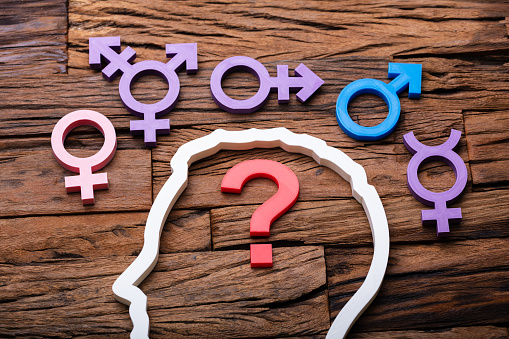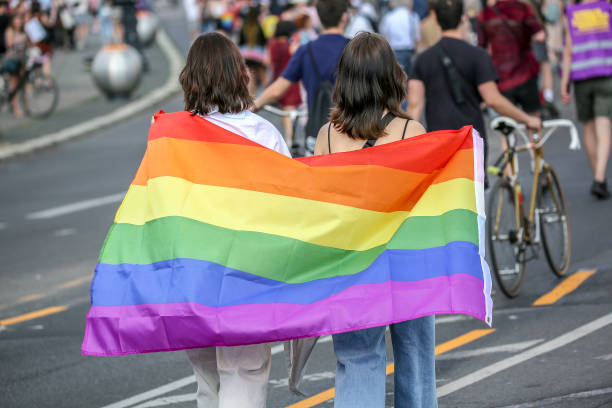Imagine looking in the mirror each day and not seeing the true “you.” It must be torture. It’s taken long enough, but thankfully, we’ve evolved from viewing transgender people as mentally disordered to accepting that their suffering is real and that society can and should provide medical assistance to people who find gender dysphoria an insurmountable roadblock to a happy life. You’d have to be mentally disordered not to feel happiness for Katlyn Jenner, to use one famous example of a person who underwent a gender metamorphous.
But when it comes to minors, have we gone too far? Have we let emotion overrule “common sense” science?

Let’s pause here for a second and try to make this case with some clearly set parameters. Gay people deserve all the rights of straight people. That includes the right to marry and adopt children. People may choose to identify as “male,” “female” or quite a few “others.” But let’s not open our minds so much that our brains fall out.
Can a minor, especially someone younger than 16, really give “consent?” A UK ethics report says no, writing, “The brain is biologically and socially immature in childhood and unlikely to understand the long-term consequences of treatment … children are unable to consent to the use of puberty blockers … puberty blockers have known serious side effects, with uncertainty about their long-term use. Yet over 90% of those treated with puberty blockers progress to cross-sex hormones and often surgery, with irreversible consequences.”
There has been pushback, but many American medical organizations endorse using puberty blockers or other treatments for teens and even younger children. Sweden was also once similarly enthusiastic. But Sweden put a stop to the use of puberty blockers in 2021. Here’s why: “Health authorities found that the evidence base is insufficient to justify routine early medical interventions for gender-dysphoric minors.”
That was the 2022 verdict from Karolinska University Hospital, which runs Sweden’s largest hospital network. For many years, Sweden followed the so-called “Dutch Protocol,” which recommended treatment for minors begin at 12 – and sometimes eight – years of age. Sweden now requires an ethics board rule on each case. “The policy states that careful assessment of the patient’s maturity level must be conducted to determine if the patient is capable of providing meaningful informed consent. There is also a requirement that patients and guardians are provided with adequate disclosures of the risks and uncertainties of this treatment pathway.”
Sweden is no bastion of conservatism. Neither is Finland, which has also mostly stopped treating minors. The truth is clear to many (even if they won’t say it to avoid being labeled). There is insufficient evidence to justify routine early medical interventions for gender-dysphoric minors. There is, however, plenty of evidence showing that the way to go is to prioritize psychological interventions while offering more support to gender-dysphoric minors.
It’s time we had an honest conversation about who’s pushing the drugs and surgeries. Does the medical sector have a conflict of interest when they have the power to declare some kid “in the wrong body” – and stand to make billions of dollars from providing such treatment for kids?

Let’s not swing too far, though. There certainly are people for whom their body dystopia is too much of a torment, and radical steps are needed to help them make it through life. But for most minors, there has to be a solution that allows them to feel happy with themselves, and accepted by society, without having to undergo surgeries that almost certainly shorten their lives, and have plenty of other nasty side effects.
We need to talk, and we need to talk without fear of being pelted by a pile of pious bull crap. A person who agrees that 13-year-olds shouldn’t be making decisions like this isn’t necessarily a bigot, nor are they immediately a homophobe or any other ‘phobe.’ The fear many have is completely valid, and it’s time we stopped marching in step, and instead told the truth about how difficult a transition can be while working toward societal change that happily accepts our LGBTQI+ community.
